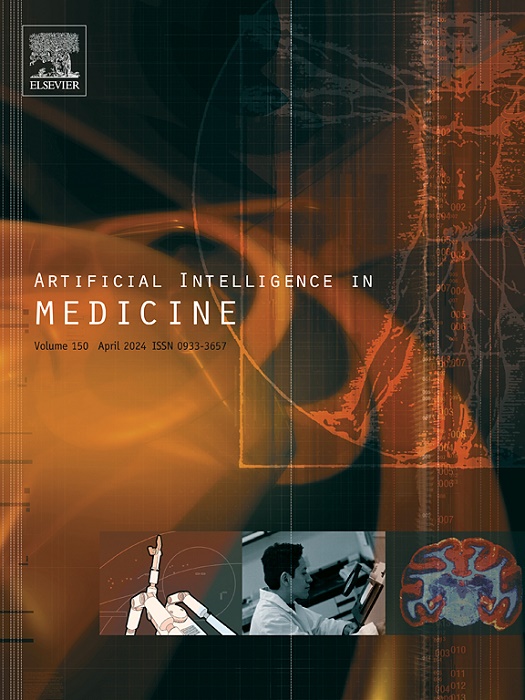基于大型语言模型的手术调度
IF 6.2
2区 医学
Q1 COMPUTER SCIENCE, ARTIFICIAL INTELLIGENCE
引用次数: 0
摘要
大型语言模型(Large Language Models, llm)在许多领域都显示出巨大的潜力。本研究探讨其在多目标组合优化问题-手术调度问题中的应用。传统的多目标优化算法,如非支配排序遗传算法II (NSGA-II),通常需要领域专业知识来设计精确的算子。在这里,我们提出LLM-NSGA,其中llm作为进化优化器,执行选择,交叉和突变操作。结果表明,在40个案例中,llm可以根据提示独立生成高质量的解决方案。随着问题规模的增加,LLM-NSGA优于NSGA-II和MOEA/D等传统方法,在三个目标上分别实现了5.39%、80%和0.42%的平均改进。LLM-NSGA的结果与另一种基于llm的方法EoH相似,但在整体资源分配上优于EoH。此外,我们将llm应用于超参数优化,并将其与贝叶斯优化和蚁群优化(ACO)进行比较。llm平均缩短了23.68%的运行时间,其生成的参数经NSGA-II验证,产生了更好的手术调度方案。这表明llm不仅可以帮助传统算法找到更好的解,而且可以有效地优化其参数。本文章由计算机程序翻译,如有差异,请以英文原文为准。
Surgery scheduling based on large language models
Large Language Models (LLMs) have shown remarkable potential in various fields. This study explores their application in solving multi-objective combinatorial optimization problems–surgery scheduling problem. Traditional multi-objective optimization algorithms, such as the Non-dominated Sorting Genetic Algorithm II (NSGA-II), often require domain expertise for designing precise operators. Here, we propose LLM-NSGA, where LLMs act as evolutionary optimizers, performing selection, crossover, and mutation operations. Results show that for 40 cases, LLMs can independently generate high-quality solutions from prompts. As problem size increases, LLM-NSGA outperformed traditional approaches like NSGA-II and MOEA/D, achieving average improvements of 5.39 %, 80 %, and 0.42 % in three objectives. While LLM-NSGA provided similar results to EoH, another LLM-based method, it outperformed EoH in overall resource allocation. Additionally, we applied LLMs for hyperparameter optimization, comparing them with Bayesian Optimization and Ant Colony Optimization (ACO). LLMs reduced runtime by an average of 23.68 %, and their generated parameters, validated with NSGA-II, produced better surgery scheduling solutions. This demonstrates that LLMs can not only help traditional algorithms find better solutions but also optimize their parameters efficiently.
求助全文
通过发布文献求助,成功后即可免费获取论文全文。
去求助
来源期刊

Artificial Intelligence in Medicine
工程技术-工程:生物医学
CiteScore
15.00
自引率
2.70%
发文量
143
审稿时长
6.3 months
期刊介绍:
Artificial Intelligence in Medicine publishes original articles from a wide variety of interdisciplinary perspectives concerning the theory and practice of artificial intelligence (AI) in medicine, medically-oriented human biology, and health care.
Artificial intelligence in medicine may be characterized as the scientific discipline pertaining to research studies, projects, and applications that aim at supporting decision-based medical tasks through knowledge- and/or data-intensive computer-based solutions that ultimately support and improve the performance of a human care provider.
 求助内容:
求助内容: 应助结果提醒方式:
应助结果提醒方式:


